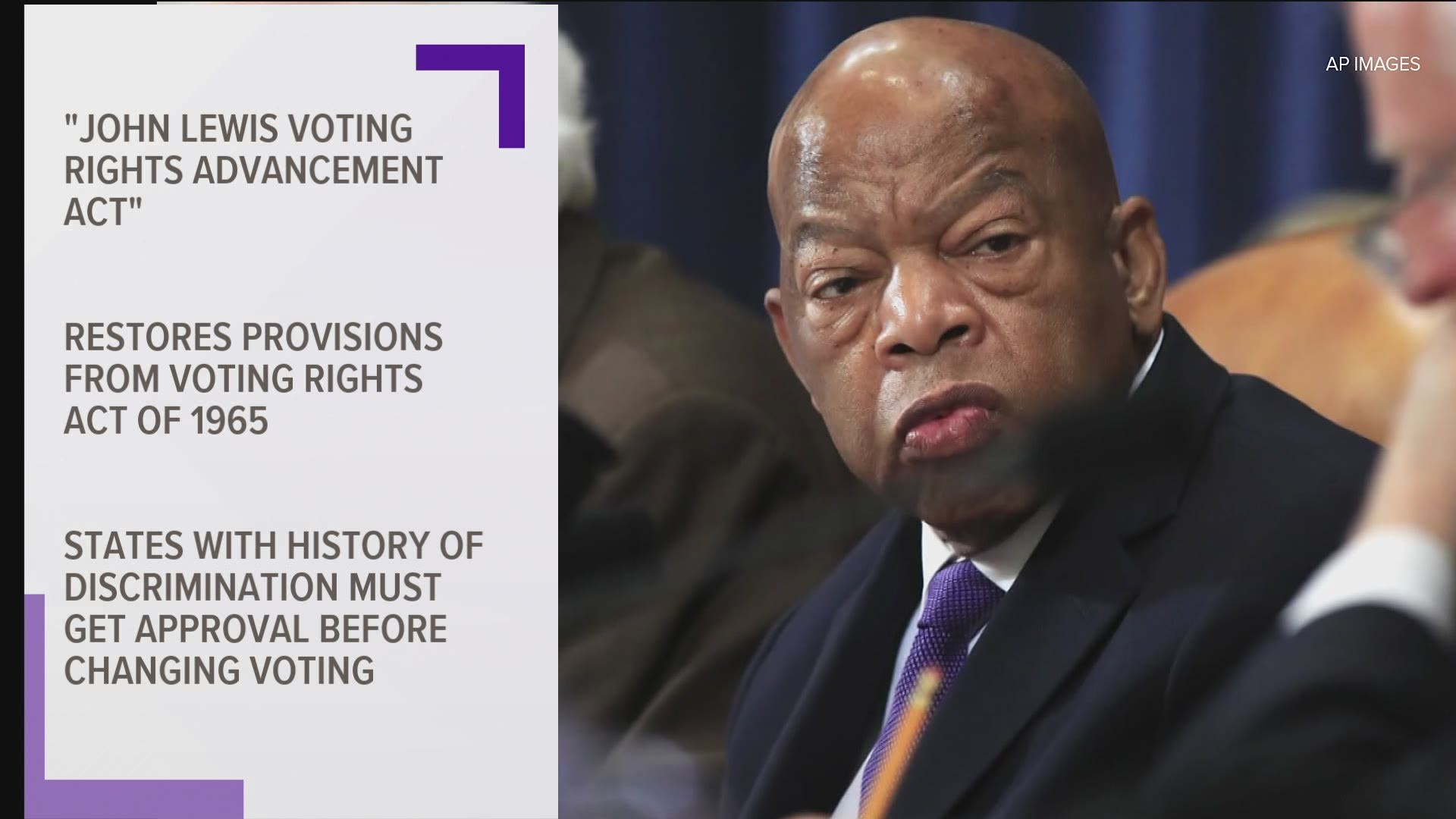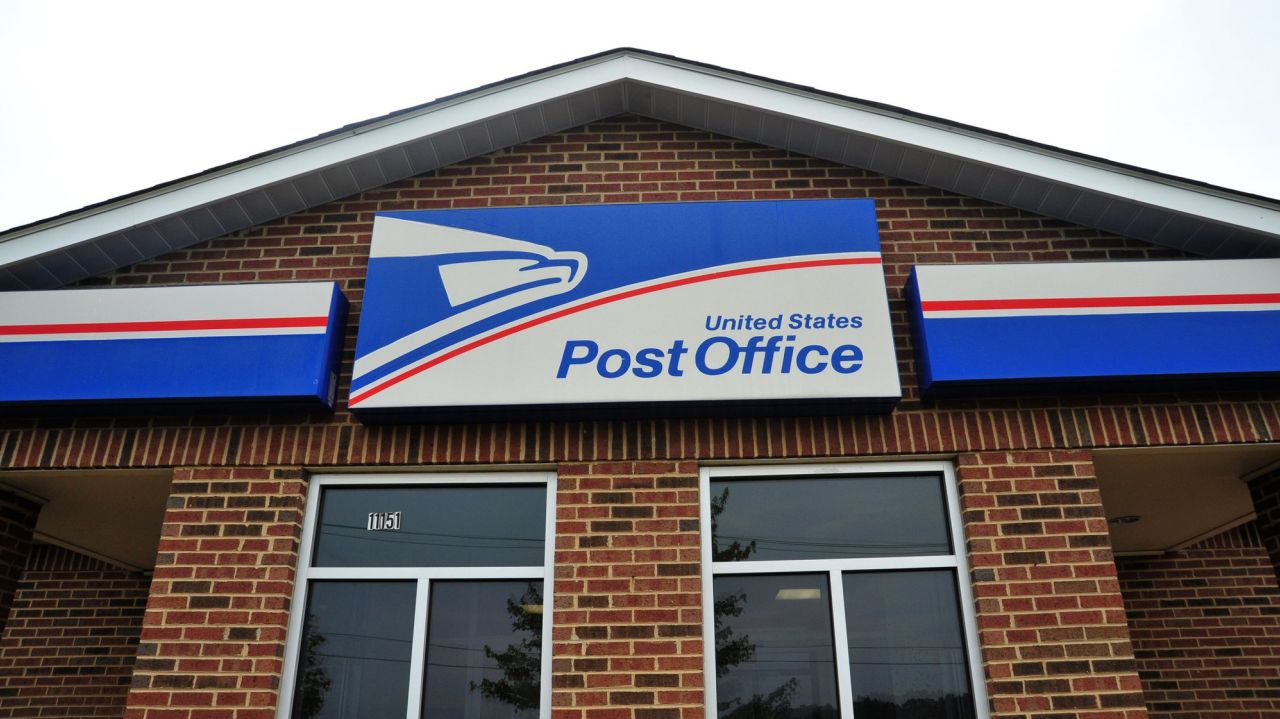|
|
Drug Corporations Kick Lobbying into High Gear to Stop Medicare Drug Price Negotiation |
|
Millions of dollars in advertising, funded by pharmaceutical corporations and business organizations, are being spent to block President Biden’s Build Back Better plan, and the provision allowing Medicare to negotiate lower drug prices and expand benefits is a focus of many of those ads. Some of the campaigns are designed to reinforce the positions of Democratic elected officials who oppose drug price negotiation, including Sen. Kyrsten Sinema (AZ) and Reps. Kathleen Rice (NY) and Kurt Schrader (OR).
Rep. Scott Peters (CA), the third House Democrat to block negotiation in the House Energy and Commerce Committee, also received praise in ads funded by the pharmaceutical trade group PhRMA. Peters has accepted over $88,000 in donations from drug corporations this year alone, more than any other member of the House, and represents a district heavily-populated by pharmaceutical offices.
Both Peters and the drug industry trade group supplement their opposition to the bill with dramatically scaled-back legislation of their own, prompting White House press secretary Andrew Bates to say, “...for far too long, the wealthiest taxpayers and big corporations — those who can afford lobbyists — have been able to write a special set of rules for themselves.”
“To say the drug corporations’ lobbyists are fully engaged would be putting it mildly,” said Richard Fiesta, Executive Director of the Alliance. “Their tactics make our grassroots opposition to their efforts, like letters from Alliance members to Capitol Hill and virtual events, more important than ever.”
Alliance members have been stressing the need to allow Medicare to save hundreds of billions of dollars by negotiating lower prices and to use the savings to allow Medicare to offer dental, hearing and vision benefits.
|
|
Alliance Members Speak Out for Drug Price Negotiation and Expanded Medicare Benefits |
|
Also on Wednesday, a group of health care advocates including the Florida Alliance (FLARA), medical professionals, and faith leaders held a virtual event urging Rep. Stephanie Murphy (FL), another House Democrat who has opposed drug price negotiation, to support lowering prescription drug prices and expanding Medicare and Medicaid by voting for President Biden's Build Back Better agenda.
Donesa Jackson, regional vice president of Central Florida for FLARA, cited polling showing strong support for the health care benefits in the White House plan, including expanding Medicare and Medicaid with dental, hearing, and vision benefits, allowing Medicare to negotiate prescription drug prices, and expanding home health care, in addition to other benefits.
“I hope and pray Congresswoman Stephanie Murphy finds it in her to stand up and to do what the majority of Floridians want and need, and what makes sense, and what is right, especially for all of us who pay too much for the medication we need to survive,” added Janice Poirier, also a regional vice president for FLARA, as well as president of Florida Education Association-Retired. Ms. Poirier finds herself in the “doughnut hole” coverage gap, making it difficult for her to afford insulin for her diabetes. Her insulin costs $680 a month, and she can afford it only because her doctor gives her samples.
|
|
Forty-nine Democratic Senators Introduce Voting Rights Legislation |
|
|
Senate Democrats introduced legislation Tuesday aimed at restoring voting protections that were lost in two Supreme Court decisions over the course of the last decade. |
|
Sen. Patrick Leahy (VT) introduced the “John Lewis Voting Rights Advancement Act,” S. 4, along with 48 other senators. The legislation would update the Voting Rights Act (VRA) to strengthen sections that were gutted by the Supreme Court’s 2013 Shelby County v. Holder decision and 2021 Brnovich v. Democratic National Committee decision.
The Shelby County decision gutted Section 5 of the law, which allowed the Justice Department to screen voting changes in states with a history of racial discrimination. The Brnovich decision, decided earlier this year, upheld a pair of Arizona voting restrictions that threaten to suppress the vote of racial minorities. Voting rights advocates decried the ruling as a weakening of Section 2 of the VRA, which barred racially-targeted voting policies.
A version of the John Lewis Voting Rights Advancement Act, H.R. 4, passed in the House earlier this year.
“Voting in the 2022 midterm elections will start less than a year from now,” said Robert Roach, Jr., President of the Alliance. “With so much at stake, we clearly need the House and Senate to protect the right to vote by passing this bill.” |
|
USPS Postal Banking Pilot Launched in Four Cities |
|
The United States Postal Service (USPS) has begun a paycheck-cashing service pilot program in several locations across the East Coast, where patrons can cash paychecks for Visa gift cards up to $500. Postal customers can redeem paychecks in Washington, DC; Baltimore; Falls Church, Virginia; and the Bronx. While currently limited, the program is anticipated to expand across the country and offer additional financial services such as ATMs. It grew from an agreement with the Americans Postal Workers Union (APWU). |
|
|
The Post Office’s foray into banking services offers a safer alternative for underbanked and unbanked individuals, who previously relied on predatory paycheck cashing stores and payday lenders for their financial services. |
|
It comes as Postmaster General Louis DeJoy begins to implement plans to deliberately slow the mail to raise revenue, with the delivery time for standard first class mail going from three days to five. These service delays are coupled with postage price increases.
“Postal banking isn't new -- it has existed for decades before ending in 1967,” said Joseph Peters, Jr., Secretary-Treasurer of the Alliance. “Post Offices are essential centers of communities across the country and adding banking services makes sense for Americans and the Postal Service.”
|
|
Thanks for reading. Every day, we're fighting to lower prescription drug prices and protect retirees' earned benefits and health care. But we can't do it without your help. Please support our work by donating below. |
|
|
|
|
Alliance for Retired Americans | 815 16th Street, NW | Washington, DC 20006 | www.retiredamericans.org



